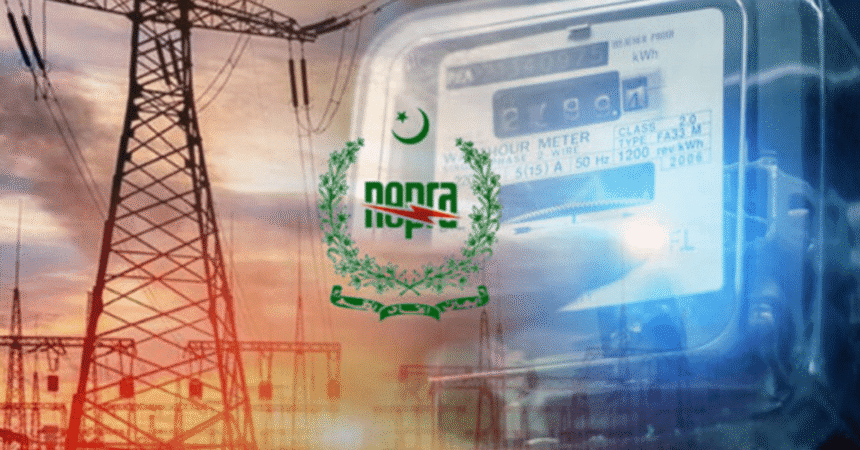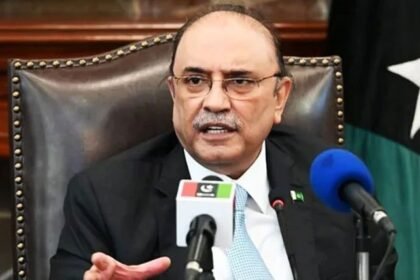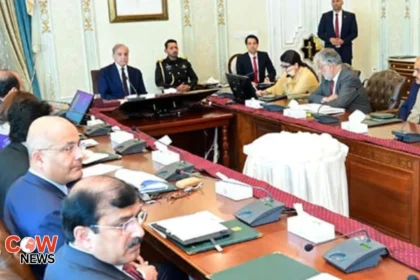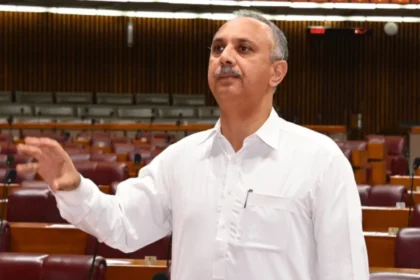In a significant move aimed at alleviating the financial burden faced by electricity consumers in Pakistan, the National Electric Power Regulatory Authority (NEPRA) has put forth a proposal to reduce the power tariff by 57 paisa per unit. This potential reduction, pending approval, is expected to provide substantial relief to millions of households and businesses grappling with escalating electricity bills.
This proposal follows a recent hearing conducted by NEPRA, where various stakeholders presented data and arguments regarding the current tariff structure. The discussions underscored the severe financial strain that consumers have been experiencing amid rising energy costs, prompting NEPRA to consider this much-needed relief measure.
Understanding the Current Energy Crisis
Pakistan has been facing a persistent energy crisis for several years, characterized by chronic electricity shortages, frequent load shedding, and soaring utility costs. Factors contributing to this crisis include inefficiencies in the power sector, high fuel costs, and an outdated infrastructure that struggles to meet the growing demand for electricity. As a result, consumers have been increasingly burdened by high bills, which often do not align with their income levels.
High electricity rates have particularly impacted low-income households, which allocate a significant portion of their income to cover utility bills. For many, this financial strain has led to difficult choices, such as cutting back on essential goods or even going without electricity for extended periods. Small businesses, too, have felt the pinch, with high energy costs contributing to inflated operational expenses and reduced competitiveness in the market.
The Proposal: Details and Implications
The proposed tariff reduction of 57 paisa per unit is designed to provide immediate relief to consumers over a one-month period. If approved, this initiative is projected to result in a collective financial respite exceeding Rs 7 billion for consumers nationwide. This relief is particularly crucial as many households and small businesses are currently struggling to keep up with their mounting electricity bills.
The proposed reduction reflects NEPRA’s recognition of the urgent need for intervention in the energy sector, especially in light of the economic challenges that have been exacerbated by inflation and rising living costs. While this measure offers a temporary reprieve, it raises questions about the long-term sustainability of energy pricing in Pakistan and the necessity for more comprehensive reforms.
The Review Process: Balancing Interests
Following the recent hearing, NEPRA is now tasked with reviewing the data and testimonies presented before making a final decision on the tariff reduction. This review process is critical, as it allows NEPRA to evaluate the potential impact of the proposed changes while considering the financial viability of electricity suppliers.
Striking a balance between consumer relief and the need for electricity providers to remain financially healthy is essential. If tariffs are lowered without addressing the underlying cost structures and inefficiencies within the power sector, it could jeopardize the sustainability of electricity supply in the long run. Utility companies need to be able to cover their operational costs, maintain infrastructure, and invest in improvements to meet future energy demands.
The Broader Economic Context
While the proposed reduction is a step toward providing immediate relief, it does not address the underlying issues that have led to high electricity rates in Pakistan. Consumers have long expressed their frustrations over escalating utility costs, which contribute to the overall inflationary environment.
High electricity rates not only strain household budgets but also hinder economic growth. Small and medium enterprises (SMEs), which form the backbone of Pakistan’s economy, often struggle to compete when faced with inflated operational costs due to energy prices. This leads to higher prices for goods and services, further burdening consumers.
Additionally, high electricity costs can deter foreign investment. Investors typically seek stable and affordable energy sources when considering new ventures. Therefore, the long-term health of the economy is tied to the effectiveness of reforms in the energy sector that can lead to more competitive pricing.
Stakeholder Perspectives
The proposed tariff reduction has elicited mixed reactions from various stakeholders. Consumer advocacy groups have generally welcomed the news, viewing it as a positive development for households and businesses. Many advocates argue that ongoing relief measures are essential to support consumers during challenging economic times.
Conversely, representatives from the power sector have voiced concerns about the long-term viability of electricity providers if tariffs are continuously lowered without addressing the fundamental issues at play. They emphasize the importance of a balanced approach that takes into account both consumer needs and the financial health of utility companies.
Political representatives from various parties have also weighed in, calling for a more systematic approach to managing electricity tariffs. They stress the importance of creating a sustainable energy policy that addresses immediate consumer needs while laying the groundwork for future stability and growth.
Exploring Comprehensive Reforms
As NEPRA moves forward with its review process, the future of energy pricing in Pakistan hangs in the balance. Stakeholders are closely monitoring how the regulatory authority will navigate the complexities of tariff adjustments while ensuring that the interests of both consumers and utility providers are met.
To create a sustainable and equitable energy pricing system, it is essential for NEPRA to engage in transparent dialogue with all stakeholders. Regular consultations can help ensure that any changes to the tariff structure are well-informed and consider the diverse needs of the population.
Furthermore, exploring innovative solutions to address the root causes of high electricity rates will be paramount. Investments in renewable energy sources, such as solar and wind, could help reduce dependency on expensive fossil fuels and stabilize electricity prices. Upgrading outdated infrastructure and improving energy efficiency through better management practices can also contribute to long-term cost reductions.
The Role of Renewable Energy
The potential for renewable energy in Pakistan is immense. With abundant sunlight and wind resources, the country has the capacity to harness alternative energy sources that could provide a more stable and affordable electricity supply. Transitioning to renewable energy not only supports sustainability but also helps mitigate the risks associated with fluctuating fuel prices.
Government initiatives aimed at promoting renewable energy adoption, alongside public-private partnerships, could pave the way for a more resilient energy sector. By diversifying energy sources and reducing reliance on imported fuels, Pakistan can work towards achieving energy security and reducing the burden of high electricity rates on consumers.
Consumer Empowerment and Awareness
As discussions around tariff reductions and reforms continue, consumer empowerment and awareness play a crucial role in shaping the future of energy consumption in Pakistan. Educating consumers about energy efficiency practices and encouraging them to adopt sustainable habits can lead to reduced electricity consumption and lower bills.
Furthermore, empowering consumers to engage with regulatory bodies like NEPRA can foster a culture of accountability and transparency. When consumers understand their rights and actively participate in discussions around energy pricing and policy changes, it creates a more balanced dialogue between stakeholders.
Navigating the Path Forward
While NEPRA’s proposal to reduce power tariffs is a welcome development for consumers, it serves as a reminder of the ongoing challenges that persist in Pakistan’s energy sector. The anticipated relief may provide short-term respite, but it is evident that deeper systemic reforms are necessary to tackle the chronic issue of high electricity rates.
The upcoming decision from NEPRA will be closely watched, as it could set a precedent for future tariff adjustments. Ultimately, the goal should be to create a fair and equitable energy pricing system that supports both consumers and the growth of the power sector.
NEPRA #PowerTariff #ElectricityRates #ConsumerRelief #PakistanEnergy #UtilityCosts #RenewableEnergy #EconomicDevelopment







